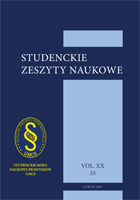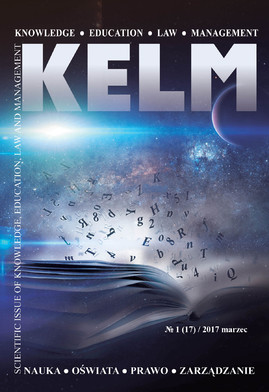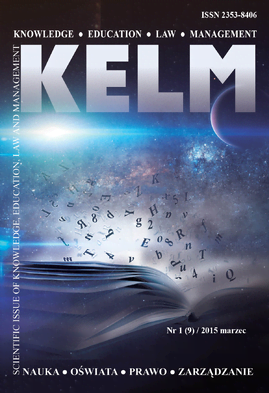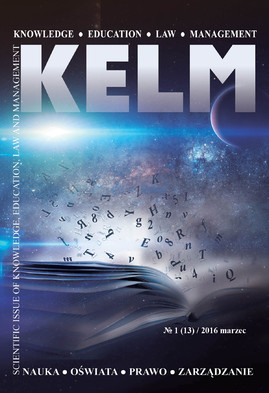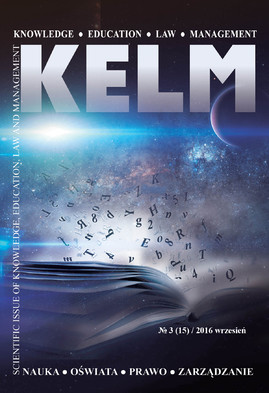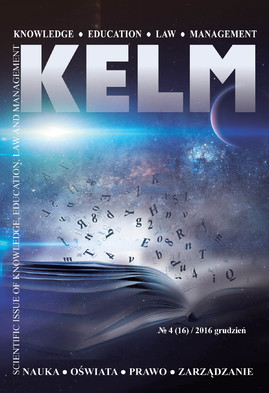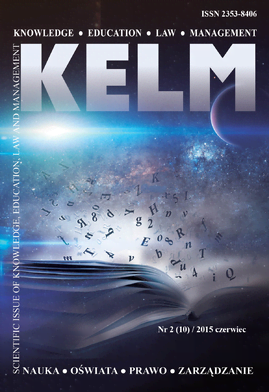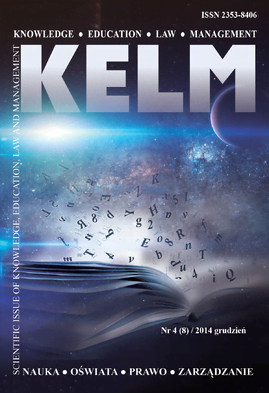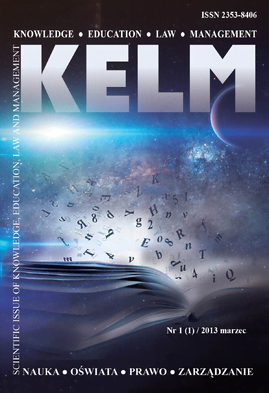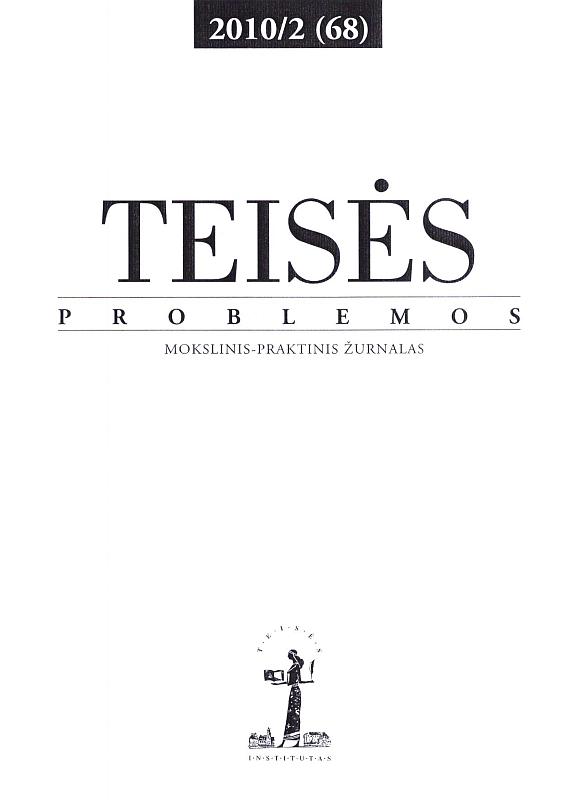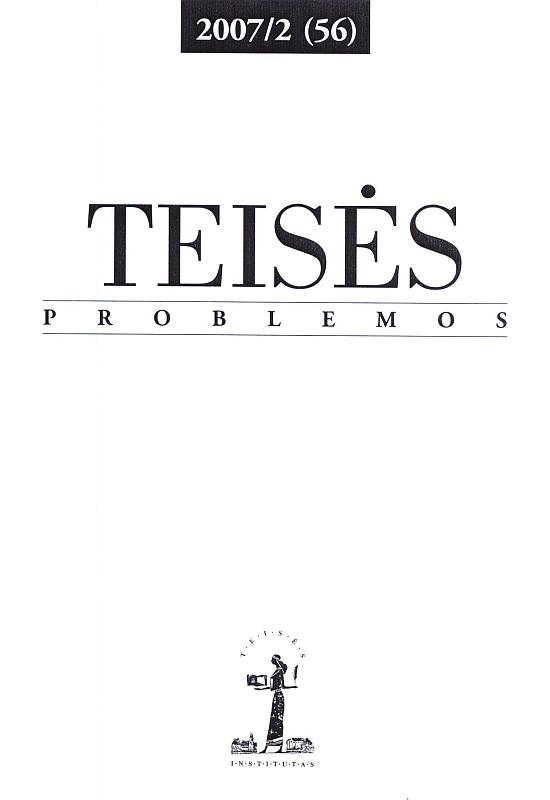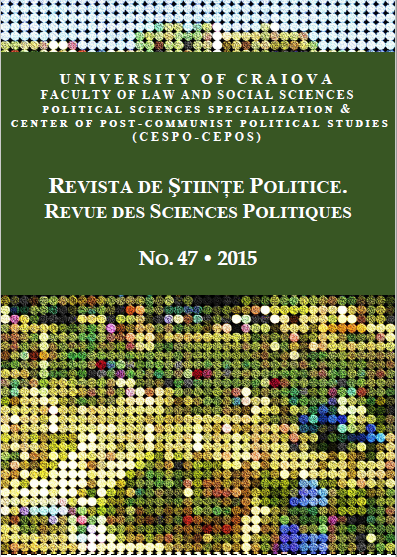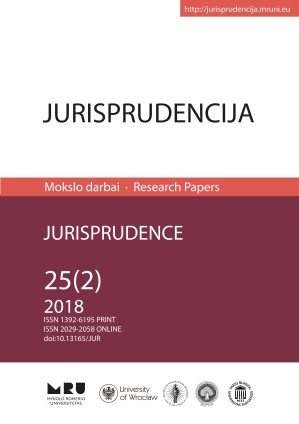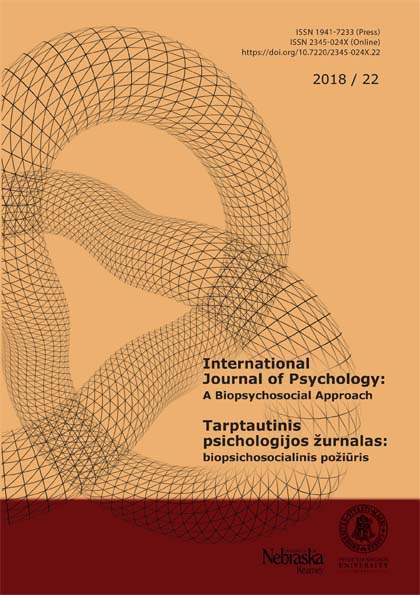Author(s): Virginija Klimukienė,Alfredas Laurinavičius,Ilona Laurinaitytė,Laura Ustinavičiūtė,Mykolas Baltrūnas / Language(s): English
Issue: 22/2018
The Short-Term Assessment of Risk and Treatability: Adolescent Version (START: AV, Viljoen, Nicholls, Cruise, Desmarais, & Webster, 2014) provides a structural professional judgement on the risk of adverse outcomes related to harm to others and rule violations. The advantage of START: AV is in that it includes the assessment of both strengths and vulnerabilities. As it is a relatively new assessment tool, the questions related to psychometric properties of the measure are still topical, especially in intercultural context. The reliability and convergent validity of START: AV ratings were examined in a sample of 159 male juveniles (Mage = 16.97, SD = 0.81) on probation. Information about the psychosocial functioning of the minors was collected during the interviews with probation officers and rated by the researchers according to the START: AV User Guide. The Subtypes of Antisocial Behaviour (STAB; Burt & Donnellan, 2009), the Triarchic Psychopathy Measure (TriPM; Patrick, 2010), and the Criminal Sentiments Scale-Modified (CSS-M; Shields & Simourd, 1991) were used as convergent measures in this study. The results provided evidence for the reliability of the START: AV ratings and associations between behavioural variables, psychopathy constructs and START: AV are in favour of its concurrent validity. Pro-criminal attitudes were not associated with START: AV ratings, and further research is needed to test the manifestation of pro-criminal attitudes among juvenile offenders on probation. These findings support for further testing the START: AV on its predictive validity as well as utility in work with juvenile offenders.
More...
